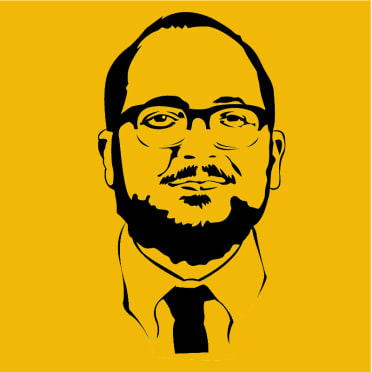When Rickwood Field opened, the owner threw the first pitch -- and it counted
You've probably dreamed about it. You've thought about getting the honor of throwing out the first pitch at your favorite team's game and then, once you've scaled the mound and before you hurl the sphere, the umpire decides, "What the heck. We'll let this one count."
If you were Allen Harvey "Rick" Woodward and you owned Rickwood Field -- the name a portmanteau combining "Rick" and "Woodward" -- then you could.
Woodward was always a baseball fanatic. He was a catcher while attending the University of the South, but when his grades began to suffer due to his focus on the diamond, his father pulled him from the school and sent him to MIT. Perhaps that was a good thing, though: It was while attending school in Boston that he saw his first professional ballgame.
After moving back to Birmingham to take part in the family business at Woodward Iron, Rick began managing the company's baseball team. After they lost the 1909 industrial league championship, Woodward set his sights on something far loftier: The Minor Leagues.
A few months after the defeat, he purchased the Birmingham Barons and planned for a glorious new stadium to replace the 600-seat "Slag Pile" that the team first called home. He quickly got to work on building the now-legendary stadium, taking inspiration from Philadelphia's Shibe Park, with the legendary Connie Mack even giving input on design. When the $75,000 stadium -- about $2.5 million today -- was inaugurated on Aug. 18, 1910, Woodward wanted to make a grand entrance before the Barons took on the Montgomery Climbers.
The stage was set, with the town treating it like a holiday. City workers were given the day off, as were many retail employees. Mayor Jimmy Jones was in attendance, with Judge William H. Kavanaugh lauding the new ballpark as "the finest home of baseball in the southland and one of the finest in the world." Ten thousand eager fans pushed through the turnstiles of a park that had only enough seats for half that many.
Woodward, as he surely had always dreamed of while playing college baseball, decked himself out in a Barons uniform and strode out to the mound, ball in hand, to begin the first game in his sparkling new diamond. Rowdy Elliott -- one week shy of making his big league debut with the Boston Braves -- squatted behind home plate with star pitcher Harry Coveleski watching from foul territory.
As Woodward prepared to face Montgomery's Jud Daley, he and Elliott got into what appears to be a bit of a vaudeville routine for the crowd.
"[Woodward] called Elliott off to one side and put a bug in his ear," the Post-Herald reported. "Elliott made all sorts of apparently uninterpretable motions, which the pitcher evidently understood, however, and with an air of satisfaction and a wise countenance the wonderful twirler and baseball mogul resumed his position in the box."
Woodward then went into an exaggerated motion, featuring "eight or 10 enigmatic figures," before throwing the ball to the plate, where umpire Frank Rudderham called it a ball.
Naturally, an argument ensued.
"What was said could not be heard from the press box and the principals declined to discuss the ugly affair last night, but the remarks must have been something awful for Umpire Rudderham ordered the mighty pitcher off the mound," the paper reported.
Just one pitch into his professional career, and Woodward was ejected. As he made his way from the field to his seat at the front of the grandstand, Coveleski -- the day's rightful starting pitcher -- was called to the mound. He did a little better than the team's owner as the Barons went on to win, 3-2.
As for Woodward? He "promptly determined to forever retire as an active ballplayer."
